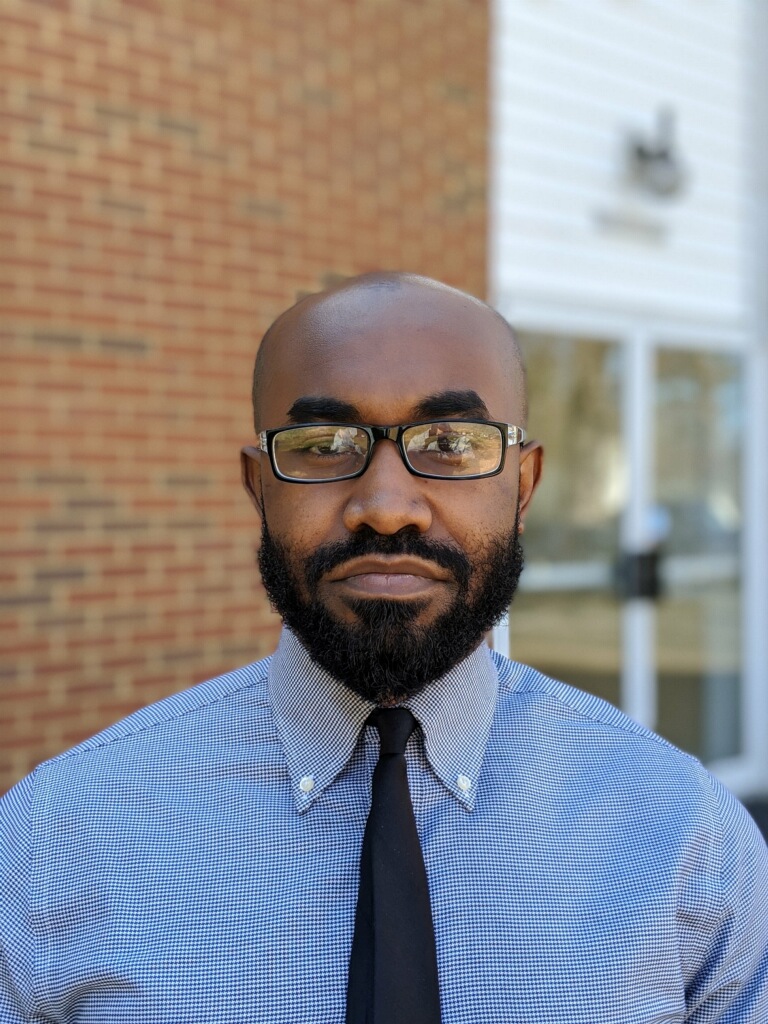When I first arrived at the University of Virginia, I intended to enter the Judaism and Christianity in Antiquity with the desire to understand the differing ways that concepts of “divinity/the Godhead” emerged out of the Late Antiquity Eastern Mediterranean cultural milieu of the Christian community. I was particularly interested in how the Second Temple theology inherited by the Christians operated in proximity with the native ancient languages and customs of the Eastern Mediterranean (such as Syria, Judea, Roman Arabia, and Egypt). My research in Church councils and writers while earning my master’s degree at the University of Chicago Divinity School showed me that a great deal of Christian debate centered upon the diction of apologists and the regional understandings of what words meant. Dissecting the literary arguments that were used to build upon the foundations of the first Jewish Christian movement, itself a segment and sect of Second Temple Judaism, I hoped to find new evidence for the ethno-religious influences functioning within inner-Christian dialogue that defined “divinity” for the subsequent generations.

